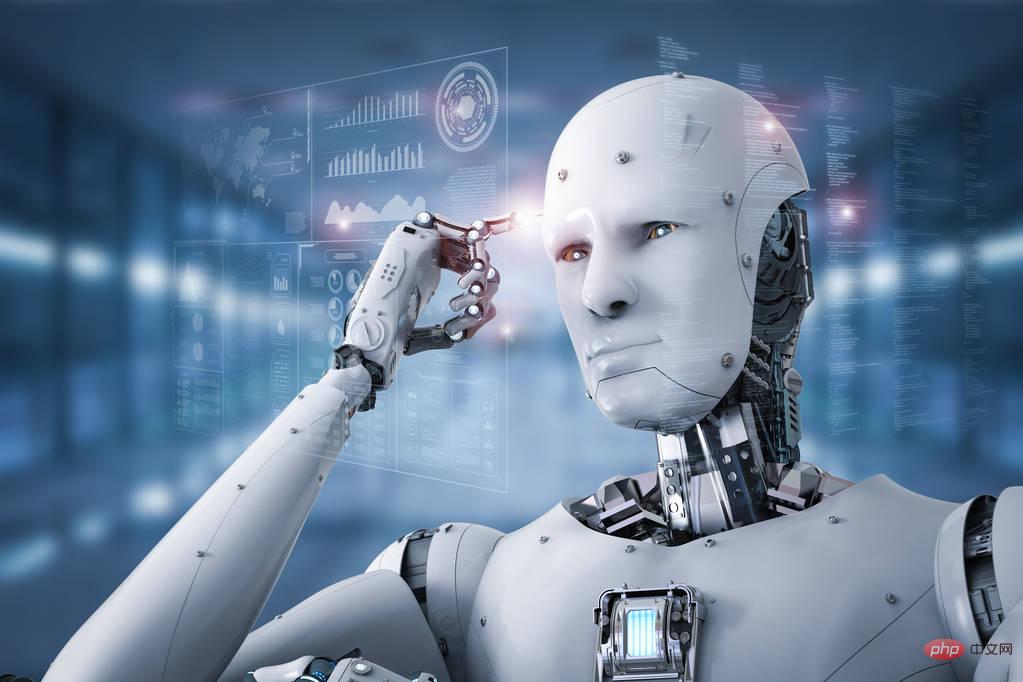
A robot is a complex machine controlled by a computer. It has human-like limbs and sensory functions; its action programs are flexible; it has a certain degree of intelligence; it can work independently of human control. Robot sensors play a very important role in robot control. Because of sensors, robots have human-like perception functions and response capabilities. So, what are the main sensors of the robot?

appeared in the late 1950s and developed very rapidly. It is the most popular among robots. One of the important sensors. Machine vision first dealt with the world of building blocks in the 1960s, and later developed to deal with the real world outdoors. After the 1970s, practical visual systems appeared. Vision generally includes three processes: image acquisition, image processing and image understanding. Relatively speaking, image understanding technology is still lagging behind.
In terms of installation location, robot force sensors can be divided into joint force sensors, wrist force sensors and finger force sensors. International research on wrist force sensors began in the 1970s. The main research units include DRAPER Laboratory, SRI Research Institute, IBM Corporation in the United States, Hitachi Corporation, and the University of Tokyo in Japan.
As a supplement to vision, tactile sensation can sense the surface properties and physical properties of the target object: softness, hardness, elasticity, roughness and thermal conductivity, etc. Tactile research began in the early 1980s and has achieved a large number of results by the early 1990s.
The purpose of studying it is to enable the robot to learn the proximity of the target (obstacle) during movement or operation. The mobile robot can avoid obstacles and the operating robot can Avoid the impact of the claw on the target caused by approaching the target too fast.
(1) Specific person’s speech recognition system
The specific person’s speech recognition method is to The feature matrix of each character sound in the pre-specified person's voice is stored to form a standard template (or template), and then matched. It must first memorize one or several speech features, and the content of the designated person's speech must also be a limited number of sentences specified in advance. The specific person speech recognition system can identify whether the speaker is a pre-specified person and what sentence he said.
(2) Non-person-specific speech recognition system
Non-person-specific speech recognition system can be roughly divided into language recognition system, word recognition system, and digital speech recognition system. (0~9) Identification system. Non-person-specific speech recognition methods require training on the speech of a group of representative people to find out the commonalities of the same word pronunciation. This kind of training is often open-ended and can continuously modify the system. When the system is working, use the same method to calculate the characteristic matrix of the received sound signals, and then compare it with the standard mode. Identify the meaning of the signal by seeing which template it is the same as or similar to.
The above is the detailed content of What are the main sensors of the robot? Introduction to the main sensors of the robot. For more information, please follow other related articles on the PHP Chinese website!




